 Lawsuits involving slip and fall accidents are widespread. However, specific requirements must be satisfied to prevail in a slip-and-fall case. The following lawsuit helps answer the question: Can a business be held liable if a patron slips and falls on a wet walkway?
Lawsuits involving slip and fall accidents are widespread. However, specific requirements must be satisfied to prevail in a slip-and-fall case. The following lawsuit helps answer the question: Can a business be held liable if a patron slips and falls on a wet walkway?
While walking with her son in the Treasure Chest Casino parking lot, Linda Cangelosi slipped and fell under the outdoor tent that covered part of the walkway entrance into the casino. Cangelosi slipped while stepping from the roadway to the walkway. At the time of her fall, the ground was wet, with puddles. After he fell, employees of Treasure Chest Casino assisted Cangelosi and called an emergency team. Cangelosi declined their offer to transport her to the hospital and continued to the casino. However, about 45 minutes later, she left because her hip hurt. She consulted with a doctor, who provided her with pain medication. Since the accident, Cangelosi had to use a walker and has been in pain. Cangelosi filed a lawsuit against Treasure Chest Casino. Both Cangelosi and Treasure Chest Casino filed motions for summary judgment. The trial court granted Treasure Chest Casino’s summary judgment motion. Cangelosi appealed.
Under La. C.C. art. 2317, the owner of a thing is liable for damage if they knew or should have known about the defect that causes damage, which could have been prevented if the owner had exercised reasonable care. Further, under La. C.C. art. 2322, this also applies to building owners. Therefore, if Cangelosi provided sufficient evidence that Treasure Chest Casino knew or should have known about the wet walkway that caused her slip and did not act reasonably, she could prevail in her lawsuit.
 This case focuses on the procedural aspects of a personal injury lawsuit, highlighting the importance of deadlines and the consequences of missing them.
This case focuses on the procedural aspects of a personal injury lawsuit, highlighting the importance of deadlines and the consequences of missing them. Insurance Dispute Lawyer Blog
Insurance Dispute Lawyer Blog


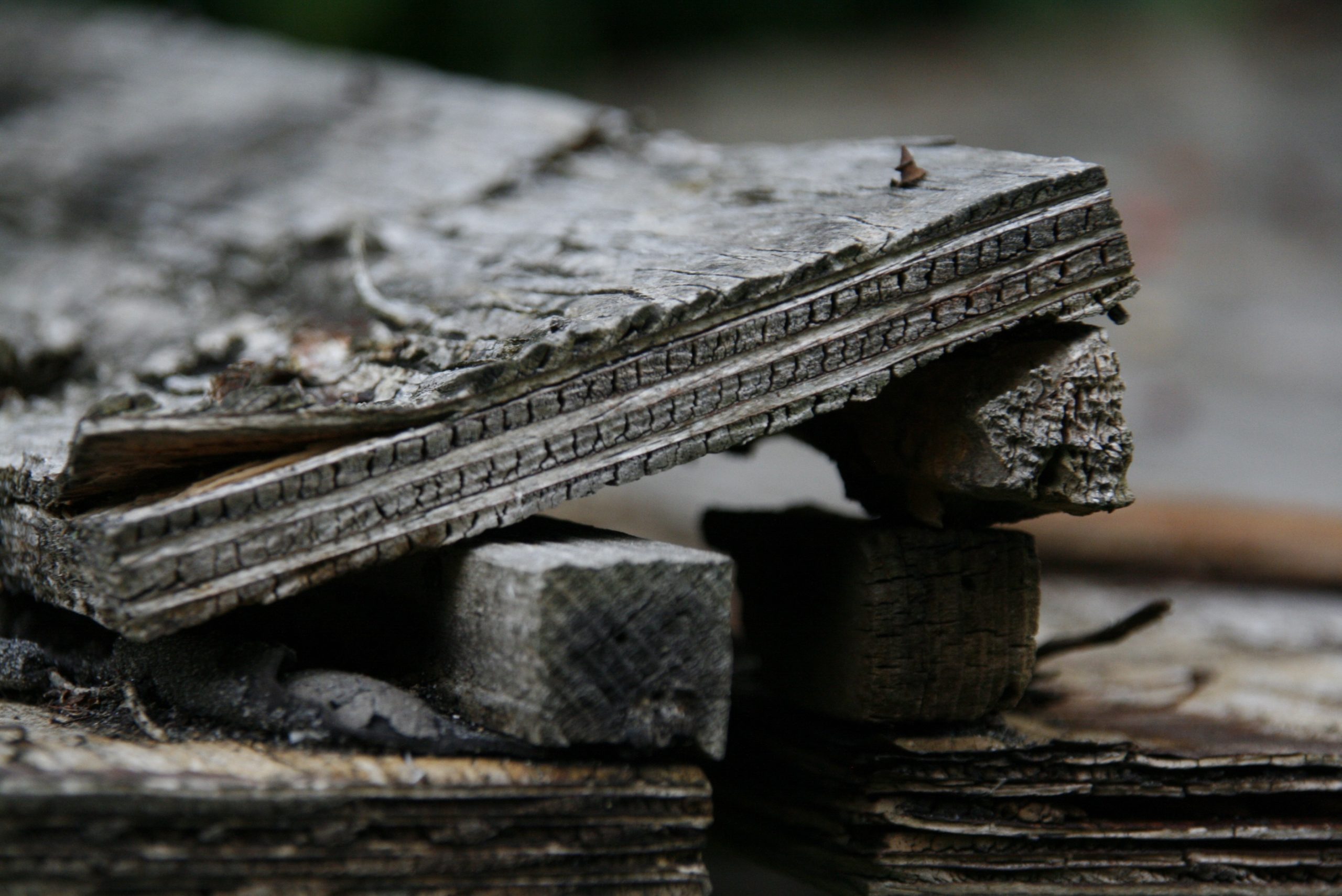 The
The  In a ruling emphasizing the critical importance of adhering to legal deadlines, the
In a ruling emphasizing the critical importance of adhering to legal deadlines, the 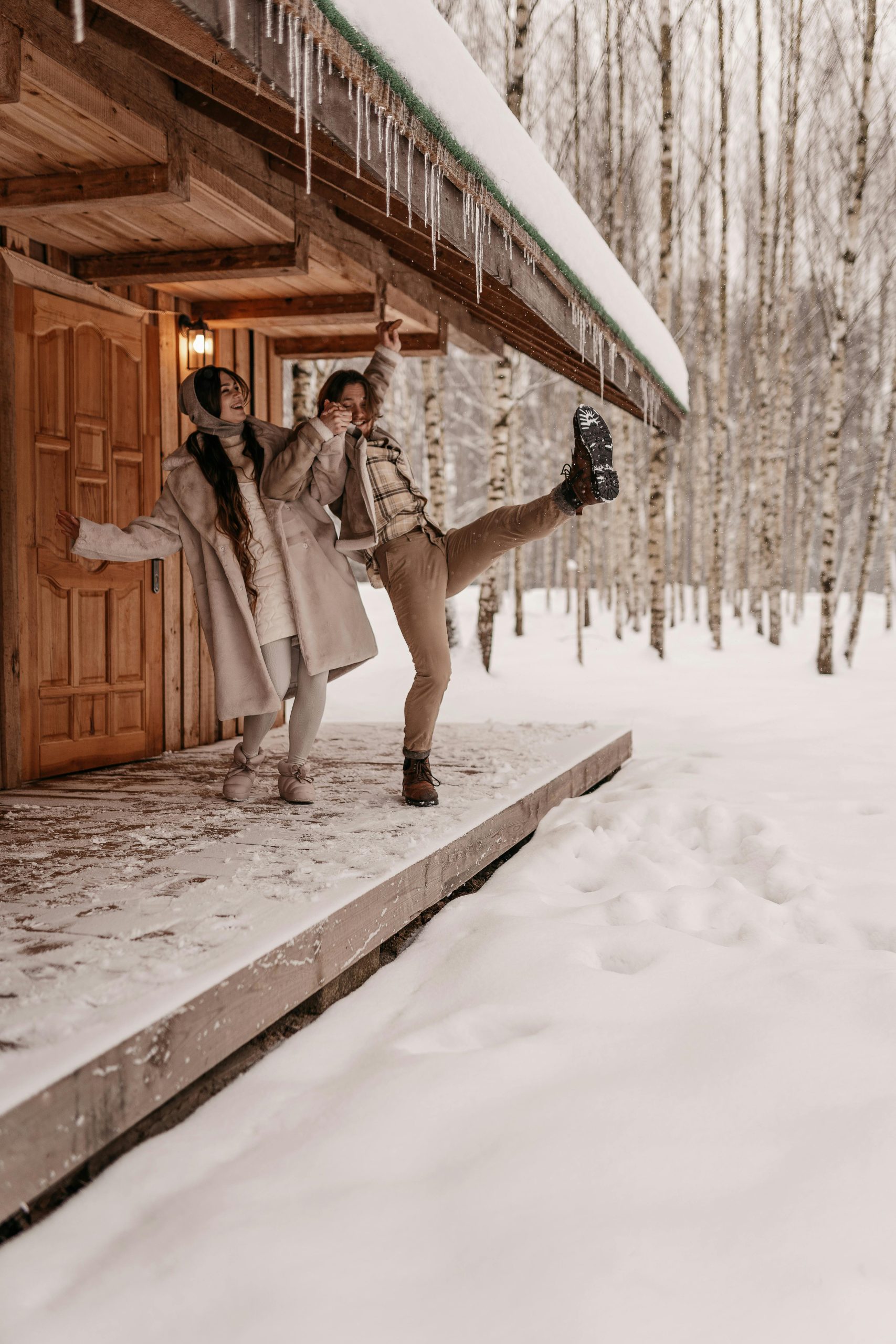 We’ve all heard the phrase “slip and fall,” often in a comedic context. However, slip-and-fall accidents can result in severe injuries and legal battles. The recent Louisiana Court of Appeal case of Barton v. Walmart highlights the complexities of such cases and what it takes to prove a merchant’s liability.
We’ve all heard the phrase “slip and fall,” often in a comedic context. However, slip-and-fall accidents can result in severe injuries and legal battles. The recent Louisiana Court of Appeal case of Barton v. Walmart highlights the complexities of such cases and what it takes to prove a merchant’s liability.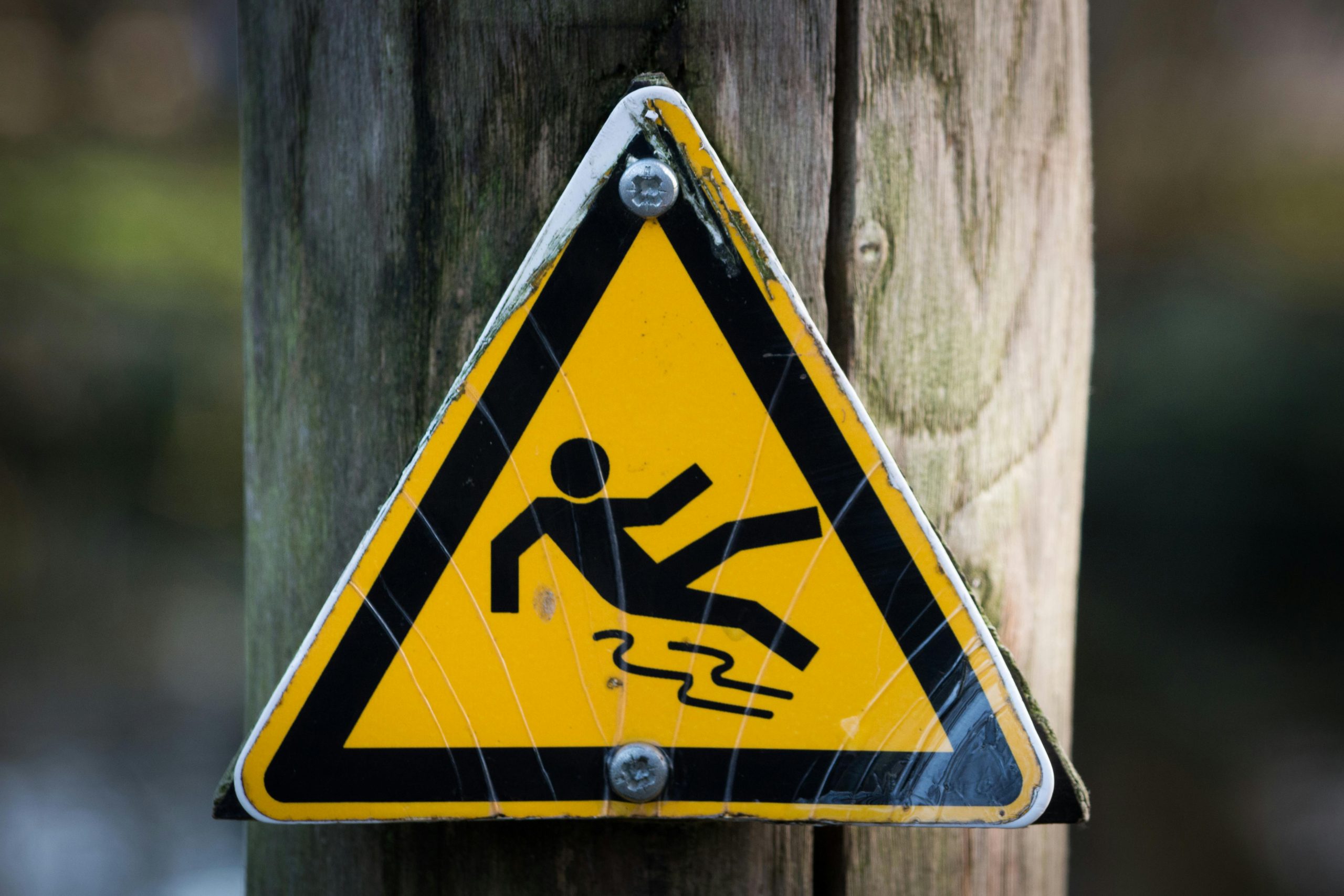 We’ve all heard the phrase “slip and fall,” often in a comedic context. However, slip-and-fall accidents can result in severe injuries and legal battles. The recent case of
We’ve all heard the phrase “slip and fall,” often in a comedic context. However, slip-and-fall accidents can result in severe injuries and legal battles. The recent case of 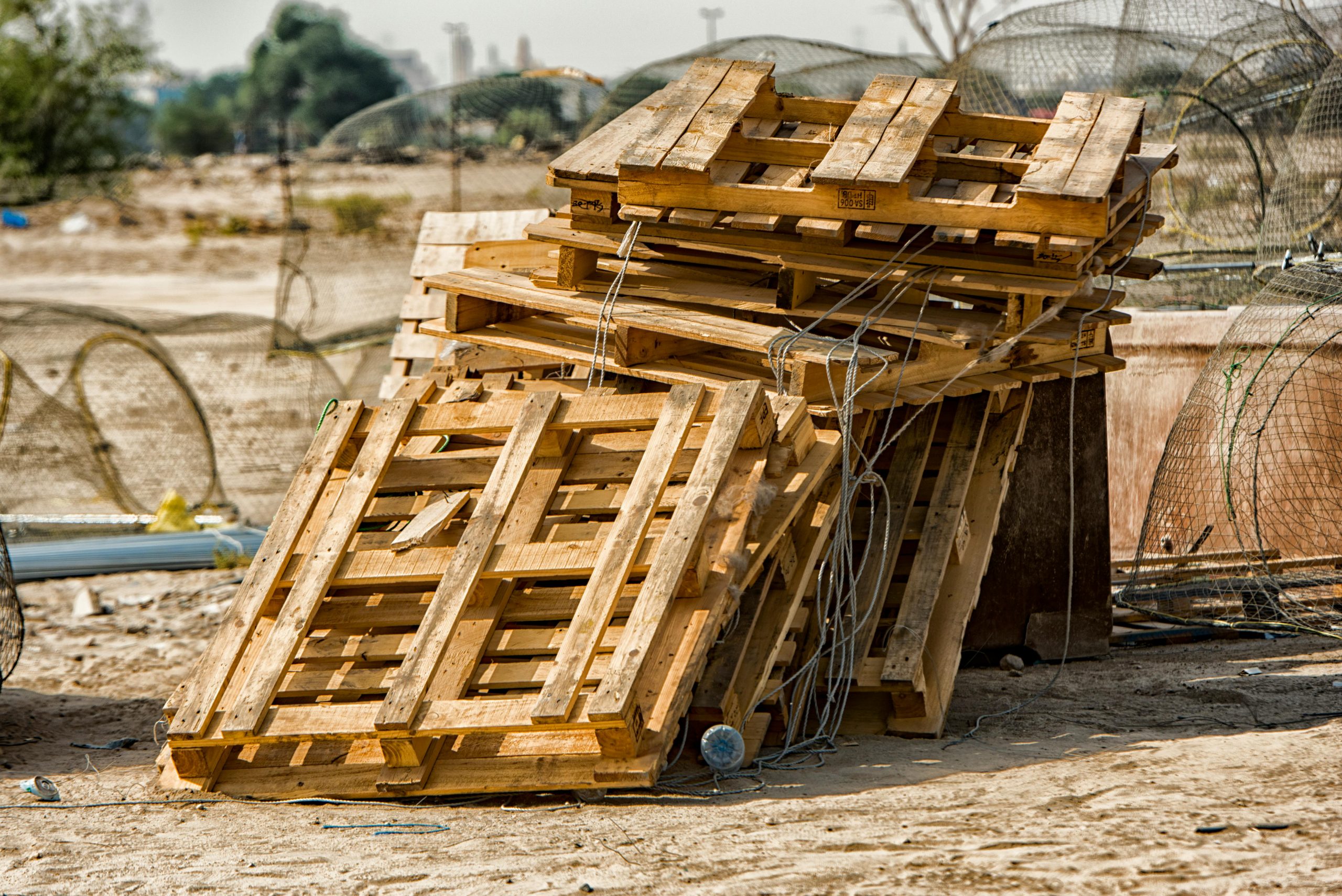 David Cox delivered four pallets of shirk-wrapped material for his employer, Southwestern Motor Transport, in June 2012. The delivery location was the Baker Distributing Company warehouse in Shreveport, Louisiana. Baker’s delivery dock did not have a dock plate. A dock plate is a metal bridge connecting a truck’s back to the loading dock. There is an empty space between the back of the truck and the loading dock without a dock plate. In addition, Cox found that the loading dock was cluttered with several objects. Due to this clutter, Cox could not use a forklift to unload the truck.
David Cox delivered four pallets of shirk-wrapped material for his employer, Southwestern Motor Transport, in June 2012. The delivery location was the Baker Distributing Company warehouse in Shreveport, Louisiana. Baker’s delivery dock did not have a dock plate. A dock plate is a metal bridge connecting a truck’s back to the loading dock. There is an empty space between the back of the truck and the loading dock without a dock plate. In addition, Cox found that the loading dock was cluttered with several objects. Due to this clutter, Cox could not use a forklift to unload the truck.  Lawsuits involving slip and fall accidents are widespread. However, specific requirements must be satisfied to prevail in a slip-and-fall case. The following lawsuit helps answer the question: Can a business be held liable if a patron slips and falls on a wet walkway?
Lawsuits involving slip and fall accidents are widespread. However, specific requirements must be satisfied to prevail in a slip-and-fall case. The following lawsuit helps answer the question: Can a business be held liable if a patron slips and falls on a wet walkway? 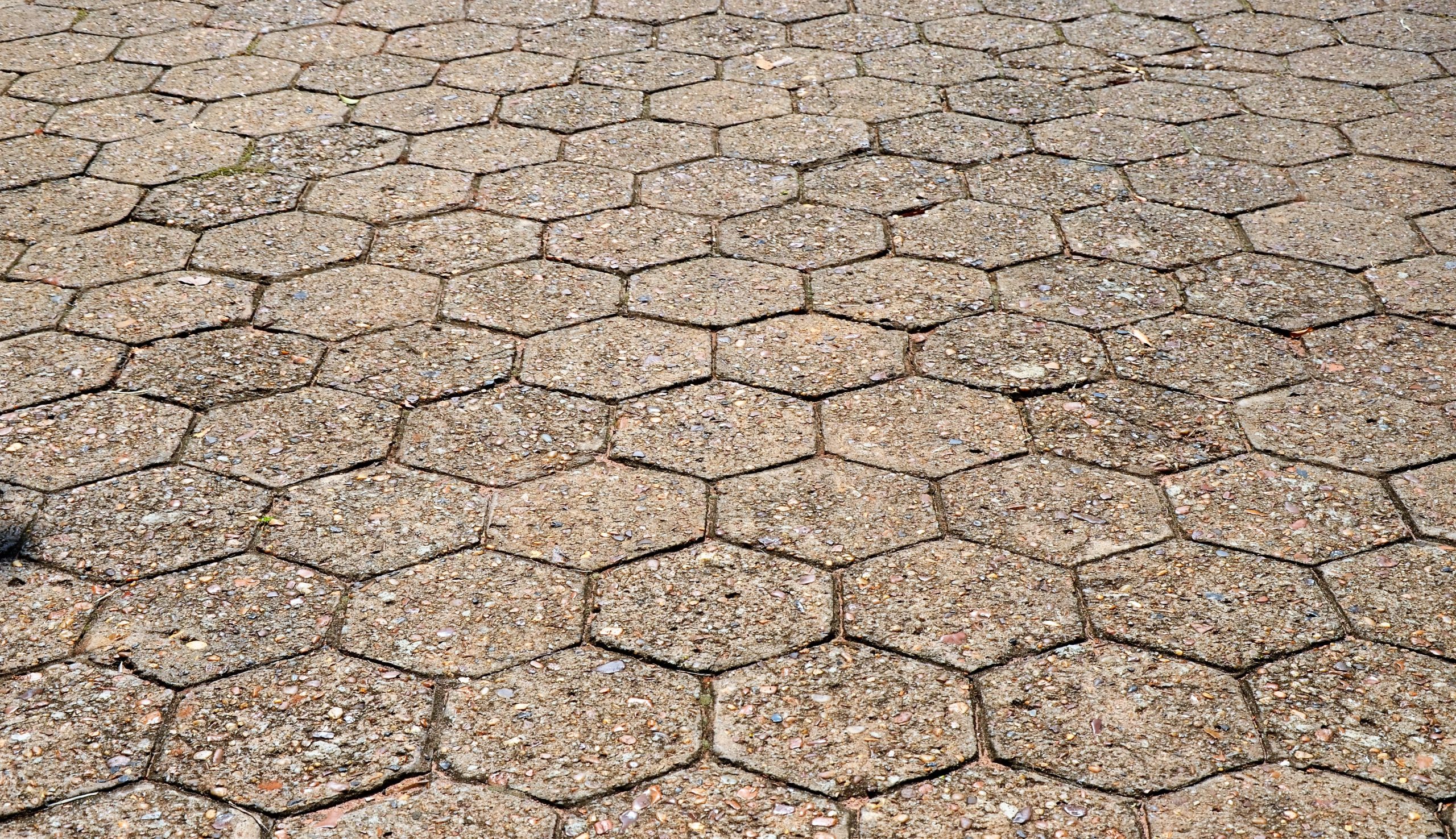 When it comes to personal injury claims resulting from slips, trips, or falls, the concept of open and obvious defects plays a significant role. Failing to act reasonably or being harmed by an apparent defect may hinder your ability to recover compensation for your injuries. This case exemplifies the importance of these factors in determining liability.
When it comes to personal injury claims resulting from slips, trips, or falls, the concept of open and obvious defects plays a significant role. Failing to act reasonably or being harmed by an apparent defect may hinder your ability to recover compensation for your injuries. This case exemplifies the importance of these factors in determining liability.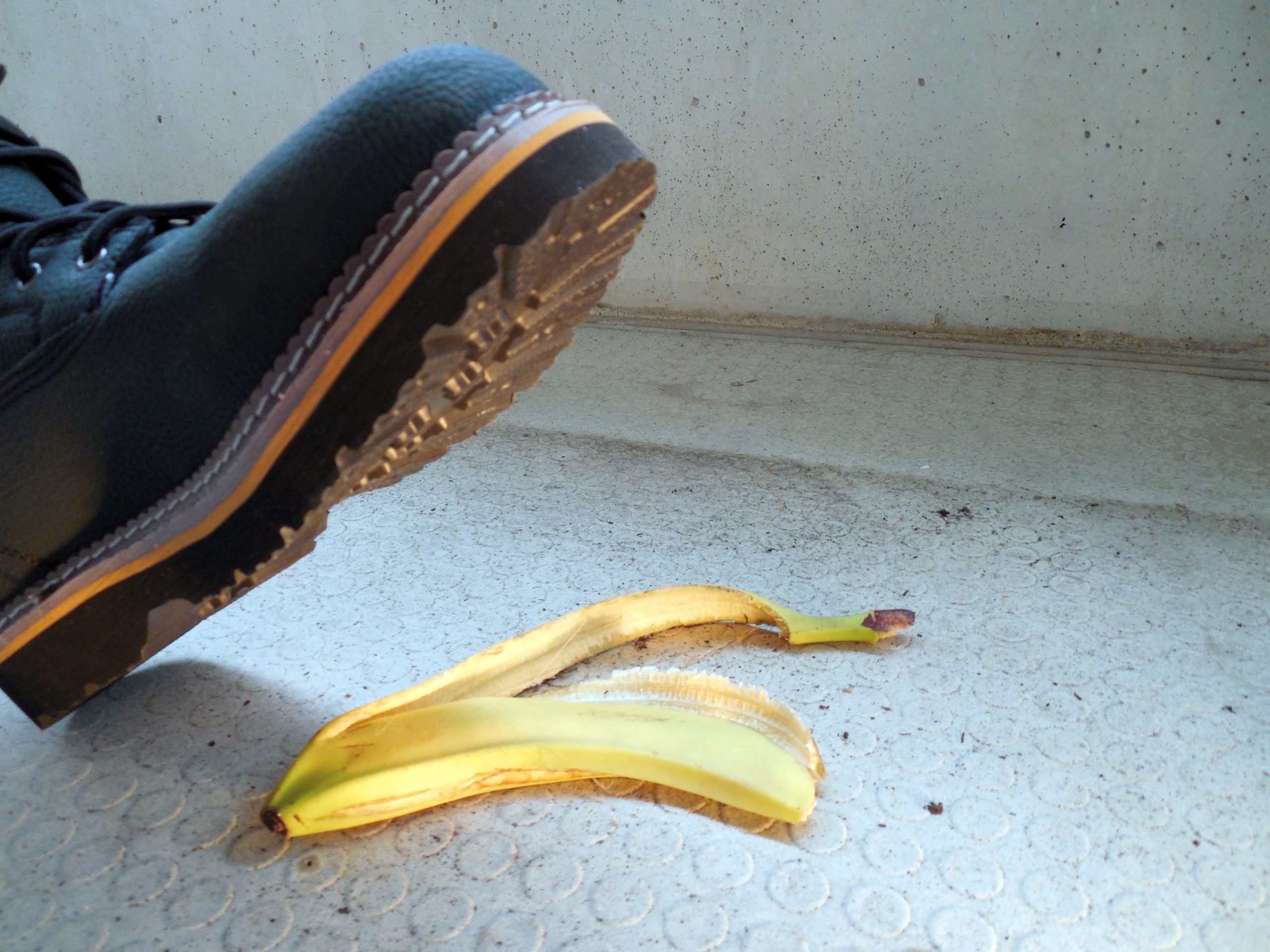 When you make a quick run to the store, the last thing you expect is to be injured while shopping. If you slip and fall at a store, you might expect the store to be responsible for any injuries you might have suffered. However, Louisiana law requires that a store have actual or constructive knowledge of the hazardous condition to be held liable. Therefore, if you are considering filing a lawsuit against a store for a slip-and-fall accident, it is essential to provide evidence of the store’s knowledge so your claim does not get dismissed.
When you make a quick run to the store, the last thing you expect is to be injured while shopping. If you slip and fall at a store, you might expect the store to be responsible for any injuries you might have suffered. However, Louisiana law requires that a store have actual or constructive knowledge of the hazardous condition to be held liable. Therefore, if you are considering filing a lawsuit against a store for a slip-and-fall accident, it is essential to provide evidence of the store’s knowledge so your claim does not get dismissed. 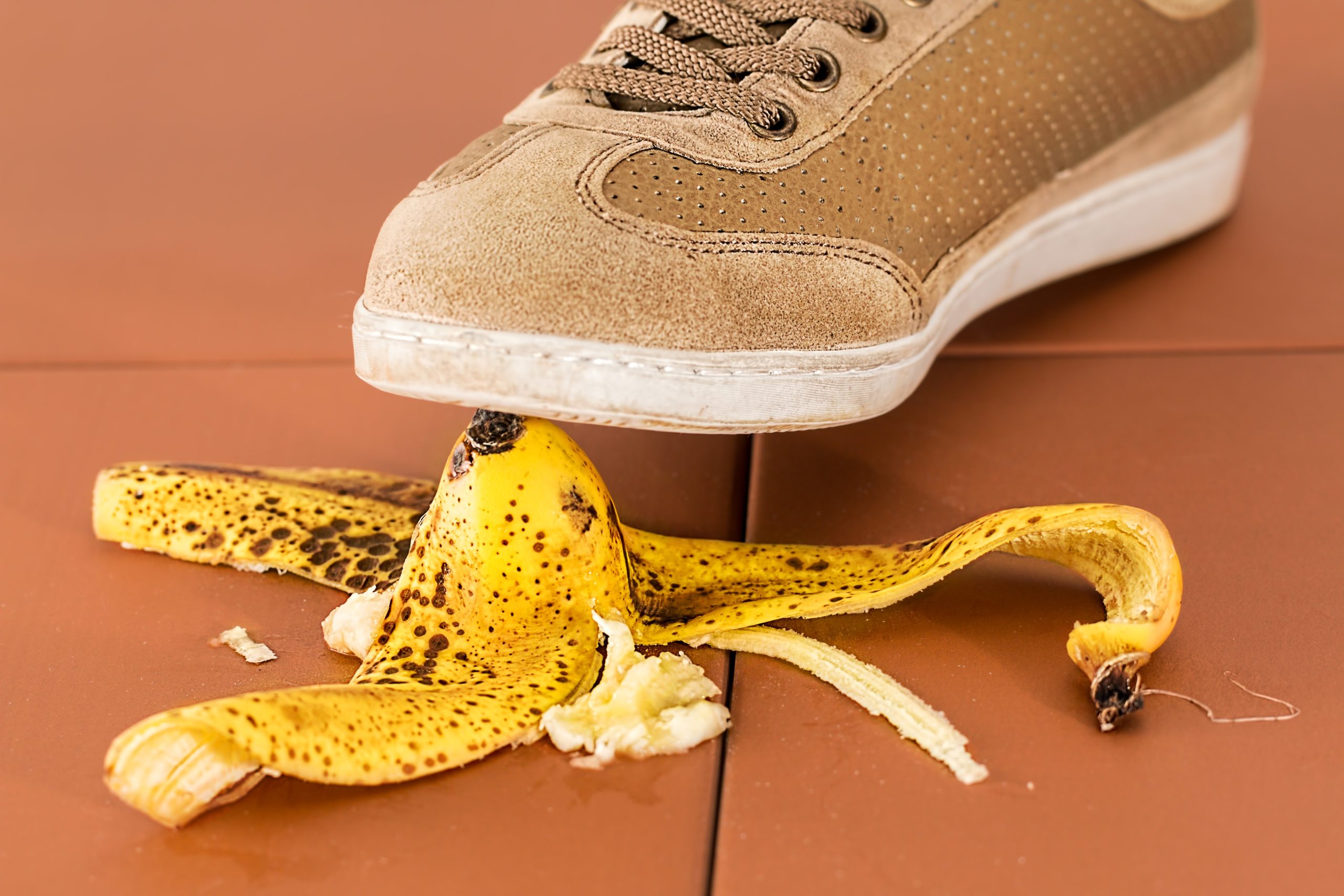 Imagine attending a routine medical appointment at your local doctor’s office. You enter the premises expecting a standard check-up, but unexpectedly, you trip over a defective threshold and fall onto a hard terrazzo floor. This unsettling scenario is precisely what Lois J. Tate encountered in their accident, sparking a personal injury action against Touro Infirmary and Louisiana Children’s Medical Center. The Louisiana Fourth Circuit Court of Appeal affirmed the Trial Court’s decision to grant summary judgment in favor of the defendants, Touro Infirmary, and Louisiana Children’s Medical Center.
Imagine attending a routine medical appointment at your local doctor’s office. You enter the premises expecting a standard check-up, but unexpectedly, you trip over a defective threshold and fall onto a hard terrazzo floor. This unsettling scenario is precisely what Lois J. Tate encountered in their accident, sparking a personal injury action against Touro Infirmary and Louisiana Children’s Medical Center. The Louisiana Fourth Circuit Court of Appeal affirmed the Trial Court’s decision to grant summary judgment in favor of the defendants, Touro Infirmary, and Louisiana Children’s Medical Center.